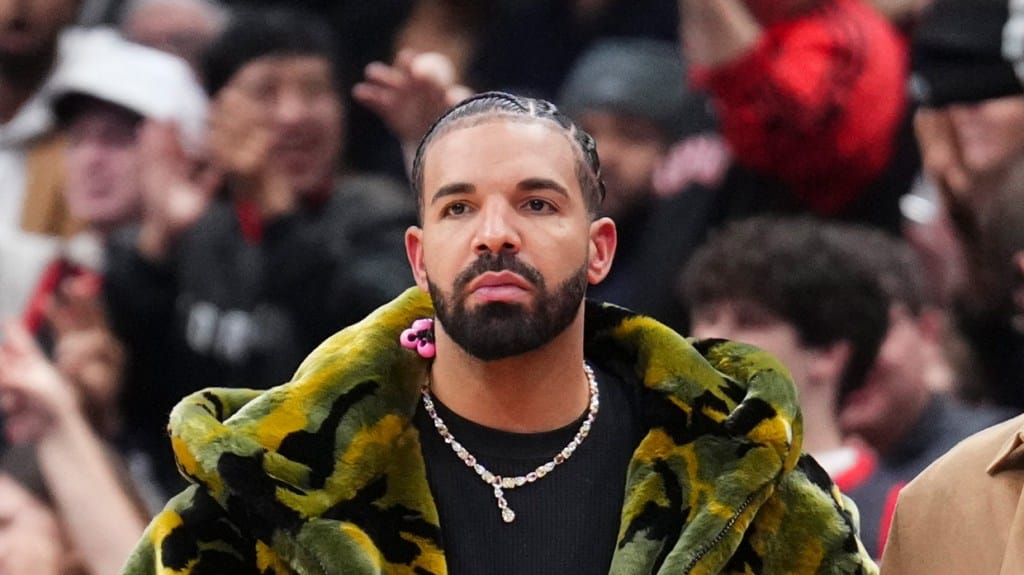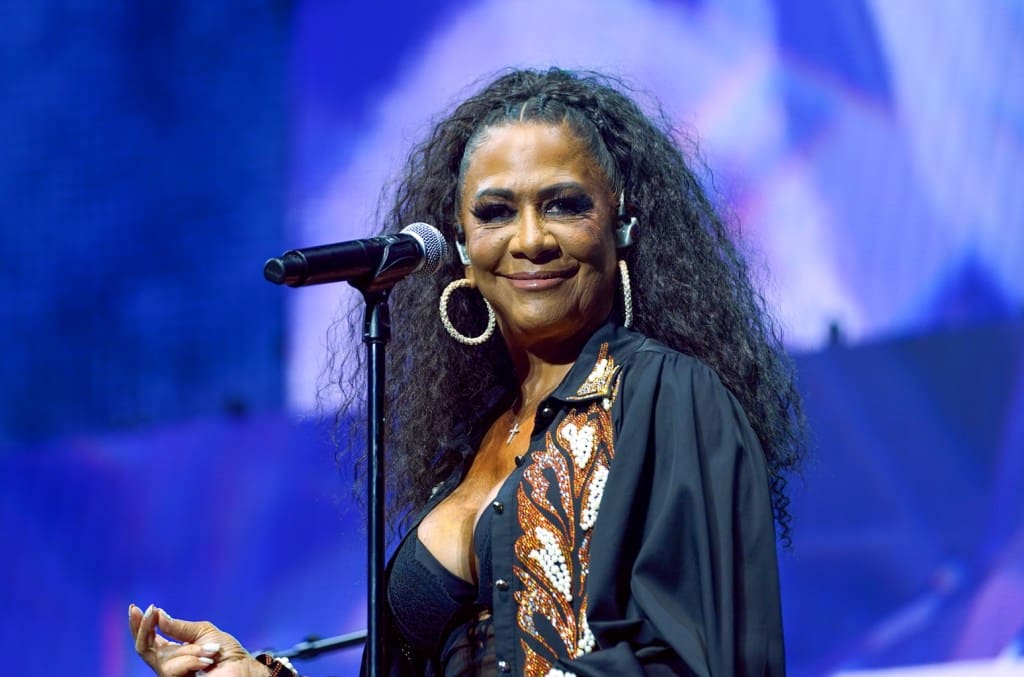Drake Sues UMG, TikTok Ban In Limbo, Nelly Fights Back & More Top Music Law News
Written by djfrosty on January 21, 2025

This is The Legal Beat, a weekly newsletter about music law from Billboard Pro, offering you a one-stop cheat sheet of big new cases, important rulings and all the fun stuff in between.
This week: Drake sues Universal Music Group for defamation over Kendrick Lamar’s diss track “Not Like Us”; the Supreme Court upholds a ban on TikTok but President Donald Trump says he’ll delay it; Nelly demands punishment for a “frivolous” lawsuit over Country Grammar; and more.
THE BIG STORY: Drake v. UMG
Two months after Drake shocked the music industry with court filings suggesting he might file a lawsuit over Kendrick Lamar’s “Not Like Us, the superstar rapper did exactly that — seemingly unswayed by public ridicule that he had hired lawyers during a rap beef.
Trending on Billboard
In a case filed in Manhattan federal court, Drake accused Universal Music Group of defaming him by promoting Lamar’s song — a brutal diss track that savaged Drake as a “certified pedophile” and became a chart-topping hit in its own right. The star claimed that his own label had “waged a campaign against him,” boosting a “false and malicious narrative” even though it knew it was false.
“UMG intentionally sought to turn Drake into a pariah, a target for harassment, or worse,” the star’s lawyers wrote. “UMG did so not because it believes any of these false claims to be true, but instead because it would profit from damaging Drake’s reputation.”
Can Drake really sue over a diss track? While the term “slander” gets thrown around a lot these days, actual legal defamation is pretty hard to prove in America. Drake would need to show that Lamar’s statements were provably false — a tricky task in a lyrical context where listeners have come to expect bombastic boasting and obvious exaggerations.
“The public … has to believe that the speaker is being serious, and not just hurling insults in a diss fight,” Dori Hanswirth, a longtime media law attorney, told me last year. “If the statements are not taken literally, then they are rhetorical hyperbole and not considered to be defamatory. The context of this song-by-song grudge match tends to support the idea that this is rhetorical, and a creative way to beef with a rival.”
That’s essentially the same argument that UMG made when it responded to Drake’s “illogical” lawsuit: That all parties involved in rap beefs, from the artist to the labels to the fans, have always known that it’s all part of a game — until now.
“Throughout his career, Drake has intentionally and successfully used UMG to distribute his music and poetry to engage in conventionally outrageous back-and-forth ‘rap battles’ to express his feelings about other artists,” UMG wrote in its response. “He now seeks to weaponize the legal process to silence an artist’s creative expression and to seek damages from UMG for distributing that artist’s music.”
For more, go read our entire story on the lawsuit, featuring a detailed breakdown of the allegations and a link to Drake’s full complaint.
THE OTHER BIG STORY: TikTok Ban
The TikTok rollercoaster continues. After the U.S. Supreme Court upheld a federal law effectively banning TikTok over national security concerns, newly-inaugurated President Donald Trump quickly claimed to have delayed the ban — a move that restored the app for users but left plenty uncertain.
In a unanimous ruling Friday, the high court said the law — set to go into effect on Sunday (Jan. 19) — was fair game because the U.S. government has valid fears about China’s control over TikTok, a service with 170 million American users that has become a key promotional tool for the music industry.
As a result of that ruling, TikTok briefly went dark for users on Saturday and vanished from Google’s and Apple’s app stores. Service was restored on Sunday after Trump announced that he was planning an executive order to delay the ban.
In an order issued Monday (Jan. 20), Trump (who once led the charge against TikTok but later reversed course) instructed his attorney general not to enforce the ban for 75 days to give his administration time to “determine the appropriate course forward.” Trump had previously said he would “negotiate a resolution,” potentially for an American company to buy TikTok — the explicit goal of the ban.
Trump’s move was a win for TikTok and its many U.S. fans, but it raises difficult legal questions.
Under the Constitution’s separation of powers, the president cannot outright ignore laws passed by Congress. In practice, enforcement priorities can sometimes be a bit discretionary — like with federal drug laws in states that legalized cannabis — but does that leeway extend to flatly refusing to enforce a national security law? The TikTok law does contain a provision allowing for a 90-day delay if a sale is imminent, but it’s unclear if Trump’s order triggered that option, or if he was even legally eligible to do so.
For now, that uncertainty has left things in limbo. Trump’s assurances clearly allayed fears, but the app remains unavailable for download on the app stores — likely because the law threatens huge financial penalties against service providers like Google and Apple that violate the ban.
What happens next? A lawsuit challenging Trump’s executive order? An act of Congress to repeal the ban? A sale of TikTok to an American firm? Stay tuned…
Other top stories…
NELLY NOT PLAYING – Nelly (Cornell Haynes) asked a judge to issue legal sanctions in a copyright lawsuit filed by his former St. Lunatics bandmate Ali over Nelly’s 2000 debut album Country Grammar. The case claims that Nelly has failed to pay his former St. Lunatics bandmate Ali for his work on the album, but the star’s lawyers argued in the new filings that those decades-old allegations are so “frivolous” that Ali and his lawyers must face penalties for filing them: “Plaintiff’s claims should never have been brought in the first place,” Nelly’s attorneys wrote.
“THOROUGHLY ENJOYED HERSELF” – Attorneys for Sean “Diddy” Combs argued in new legal filings that key evidence disclosed by prosecutors — videos of the alleged “freak off” parties at the center of case — show only consensual sex and “fundamentally undermine” the charges against him. Far from the “sensationalistic media reports,” Diddy’s attorneys wrote, the videos at issue “unambiguously” show that the alleged victim “not only consented but thoroughly enjoyed herself.”
GYM MELEE LAWSUIT – Tekashi 6ix9ine (Daniel Hernandez) filed a lawsuit against LA Fitness, claiming the gym chain is legally responsible for a 2023 “violent assault” in which he was attacked in the sauna at one of the company’s South Florida locations — and owes him at least $1 million in damages for his trouble. The lawsuit claimed the assailants were members of the Latin Kings criminal gang and that LA Fitness should have had measures in place to prevent the entry of “affiliates of violent gangs” and people with “aggressive and dangerous propensities.”

 State Champ Radio
State Champ Radio 




